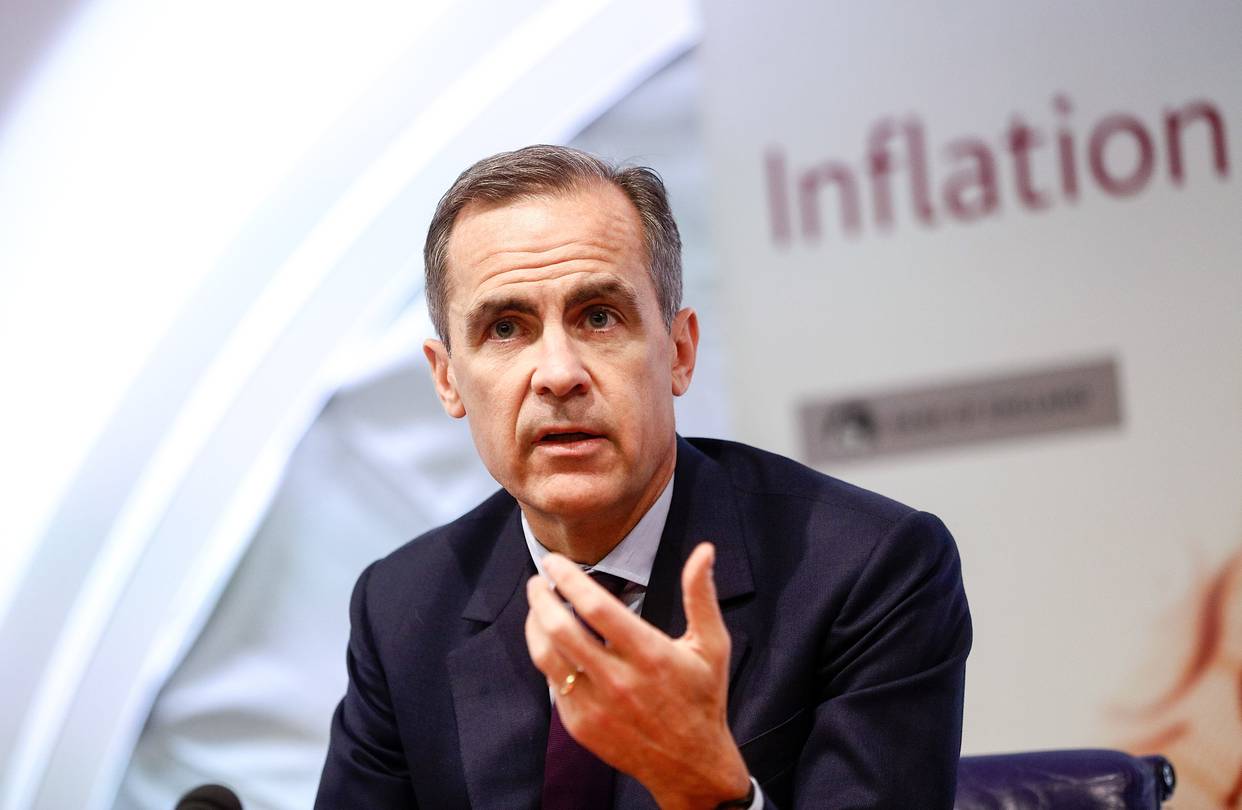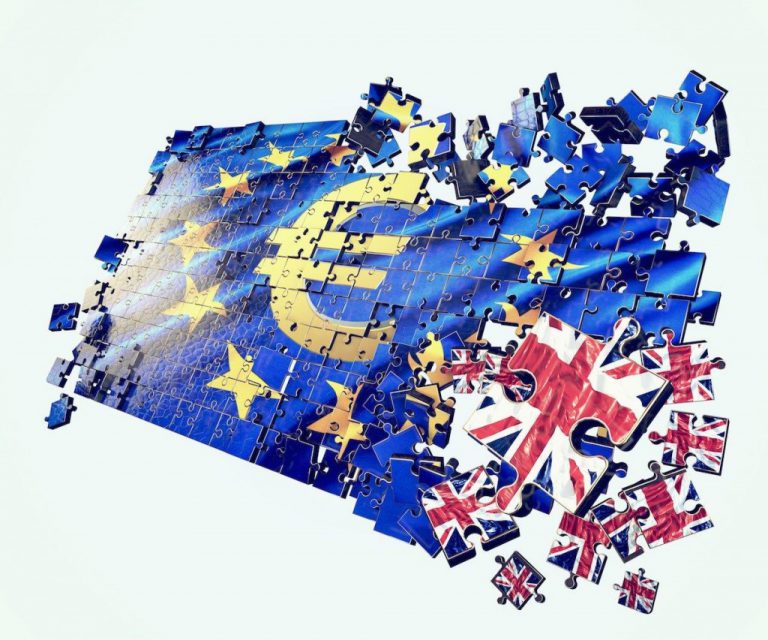UK Pension Black Hole Widens as Bank of England Predict Increase in Unemployment
[vc_row][vc_column][vc_column_text]Bank of England’s monetary stimulus depresses investment returns which is increasing pension gaps; joblessness predicted to hit 5.5% by the end of next year. Meanwhile the FTSE 100 is booming.
It’s not just workers fretting about the yawning funding gaps in UK companies’ pension plans. In the aftermath of the Brexit vote, investors are getting worried as well.
Pension deficits have swelled since the 23 June referendum as the Bank of England’s monetary stimulus forced down government bond yields.
This has reduced the return on fund investments, creating pressure on companies including telecoms giant BT Group, supermarket industry leader Tesco and military contractor BAE Systems.
Companies may now need to reduce dividend payments to raise pension contributions and close funding gaps. That means investors, who have been insulated from the UK’s pension crisis, could feel the effects.
“There is no doubt that shareholders of companies with major pension deficits will be concerned,” said Raj Mody, who heads PricewaterhouseCoopers’ pension consulting group. “It’s happening to pension schemes but will feel like it’s happening to the whole company.”
Inflation and unemployment
The flow of hard data continues after reports yesterday showed UK inflation accelerating in July and signs the weak pound will fuel further price pressures.
Today, it’s labour-market data. Jobless claims figures for July show employment broadly flat. The more detailed report—on key metrics such as employment and wage growth— covers the pre-Brexit vote period, April to June. The BOE forecasts unemployment, currently at 4.9 per cent, will rise to 5.5 per cent at the end of next year.
Meantime, the inflation acceleration means the Bank of England’s forecasts already risk looking stale just two weeks after they were made. While some forecasters predict consumer prices may grow faster than 3 per cent by late next year, the BOE sees them below its 2 per cent target until the first quarter of 2008.
A Deal on the Deal?
When will Theresa May trigger the two years of formal Brexit negotiations? That’s still the big question for Brexit-watchers, even though May has said she’ll wait until next year. The uncertainty is in some part underpinned by the knowledge that once Article 50 is triggered the UK will face a hard deadline to exit the EU two years later.
One possibility raised by JPMorgan economist Malcolm Barr would be for May to say an early start to negotiations would depend on other governments agreeing to extend the deadline for a deal if needed.
“Given the mutual interest in moving toward a clearer situation, this may be something the rest of the region would agree to,” Barr wrote in a report to clients yesterday.
FTSE100 booming
The FTSE100 may be booming, but a survey of European investors by Bank of America Merrill Lynch saw a net 53 per cent say they would reduce their exposure to London-listed stocks, with most citing EU disintegration as their biggest fear.
Overnight, Asian stock markets showed modest gains while emerging-market stocks retreated from near a one-year high and oil fell for the first time in a week.
European markets opened without dramatic moves. The pound was steady overnight but showed resilience in holding on to most of yesterday’s 1.3 per cent gain—its biggest rally in two weeks.
Written by Simon Kennedy for The Independent
Disclaimer: Any information or related news item displayed on this site is believed to be factual and up-to-date, but we do not guarantee its accuracy and it should not be regarded as a complete analysis of the subjects discussed or as advice in anyway and all users should seek independent advice before relying on any information or comment expressed within the site. All expressions of opinion reflect the views of their respective authors as of the date of publication and are subject to change. Use of Links (hyperlinks) to or from other internet sites may be included at times for the convenience of the user. Synergi Europe and its affiliates assume no responsibility for the content of any linked site. The fact that such links may exist does not indicate approval or endorsement of any material contained on any linked site.
[/vc_column_text][/vc_column][/vc_row]






